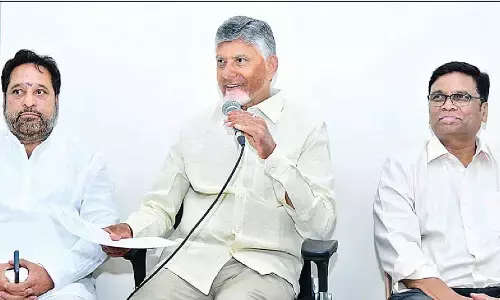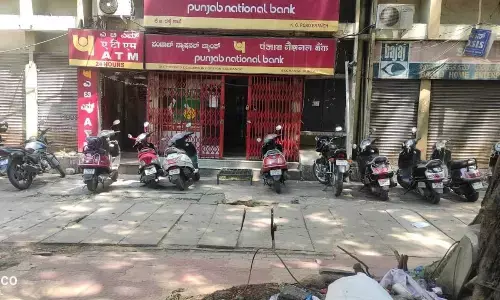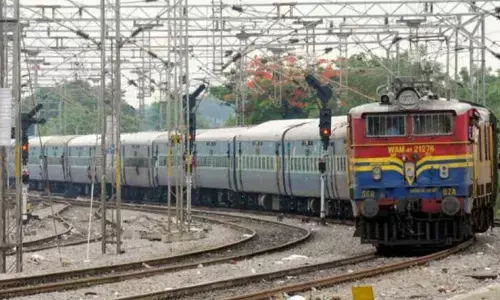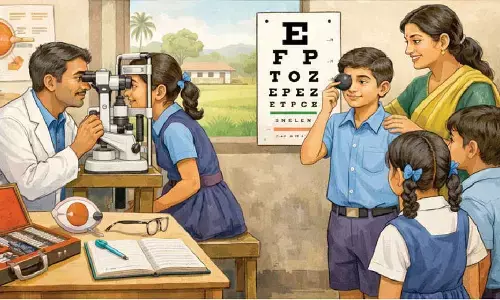What is NPT?
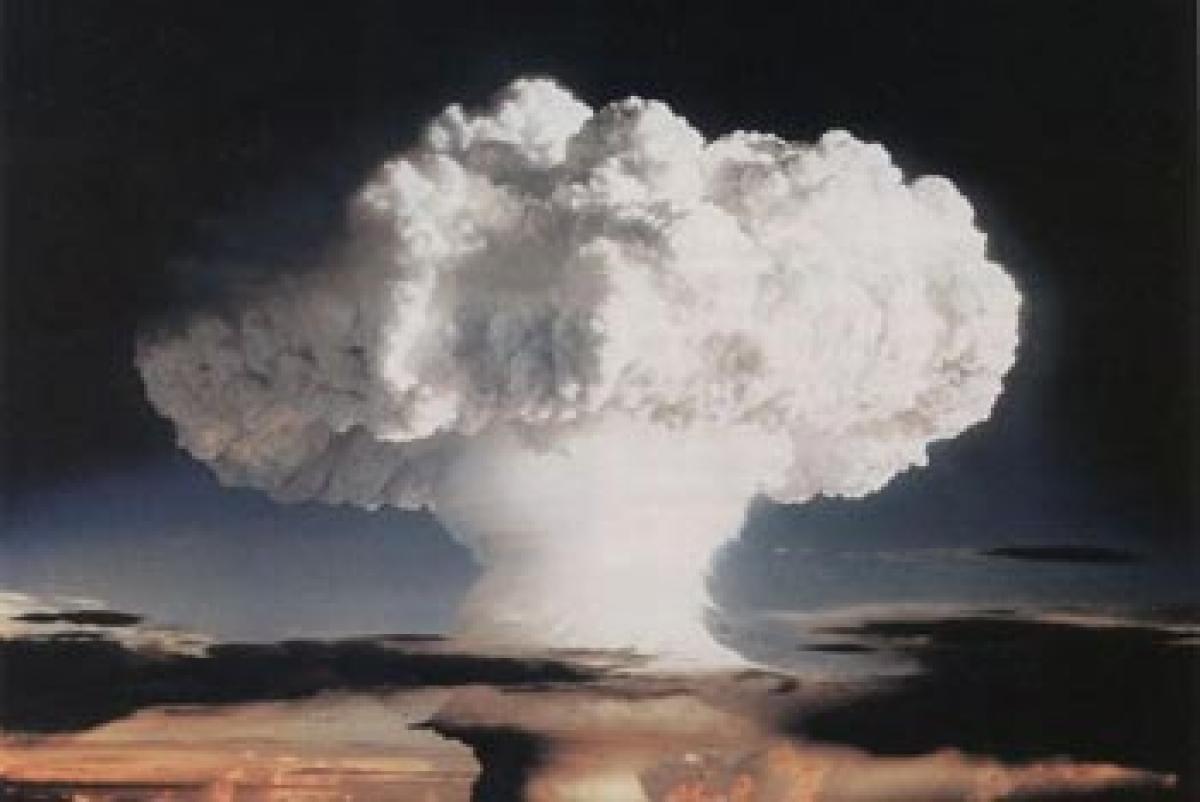
Amid reports that China and Pakistan are jointly opposing India’s bid for the Nuclear Suppliers Group (NSG) membership, the United States has said India meets missile technology control regime requirements and is ready for entry into the exclusive club.
Amid reports that China and Pakistan are jointly opposing India’s bid for the Nuclear Suppliers Group (NSG) membership, the United States has said India meets missile technology control regime requirements and is ready for entry into the exclusive club. Defending its move to block India’s entry into the NSG, China on Saturday claimed that several members of the 48-nation bloc shared its view that signing of the Nuclear Non-Proliferation Treaty (NPT) was an “important” standard for the NSG expansion.
India, Pakistan, Israel and South Sudan are the four UN member-states which have not signed the NPT, the international pact aimed at preventing the spread of nuclear weapons. The NPT obligates the five acknowledged nuclear-weapon states (the United States, Russian Federation, United Kingdom, France, and China) not to transfer nuclear weapons, other nuclear explosive devices, or their technology to any non-nuclear-weapon state.
Nuclear Weapon States are also obligated not to acquire or produce nuclear weapons or nuclear explosive devices. All nuclear materials in peaceful civil facilities under the jurisdiction of the state must be declared to the International Atomic Energy Agency (IAEA), whose inspectors have routine access to the facilities for periodic monitoring and inspections. The Treaty was opened for signature on 01 July 1968, and signed on that date by the United States, the United Kingdom, the Soviet Union, and 59 other countries. The Treaty entered into force with the deposit of US ratification on 05 March 1970.
The Nuclear Nonproliferation Treaty (NPT), which entered into force in March 1970, seeks to inhibit the spread of nuclear weapons. With its near-universal membership, the NPT has the widest adherence of any arms control agreement, with only South Sudan, India, Israel, and Pakistan remaining outside the treaty.
In order to accede to the treaty, these states must do so as NNWS, since the treaty restricts NWS status to nations that "manufactured and exploded a nuclear weapon or other nuclear explosive device prior to 1 January 1967." For India, Israel, and Pakistan, all known to possess or suspected of having nuclear weapons, joining the treaty as NNWS would require that they place all their nuclear materials under international safeguards. South Africa followed this path to accession in 1991.









